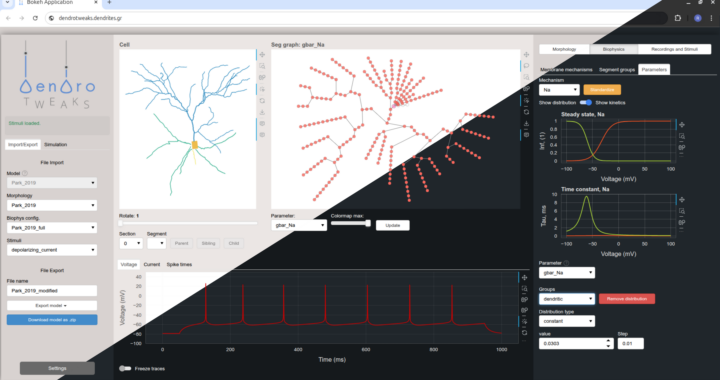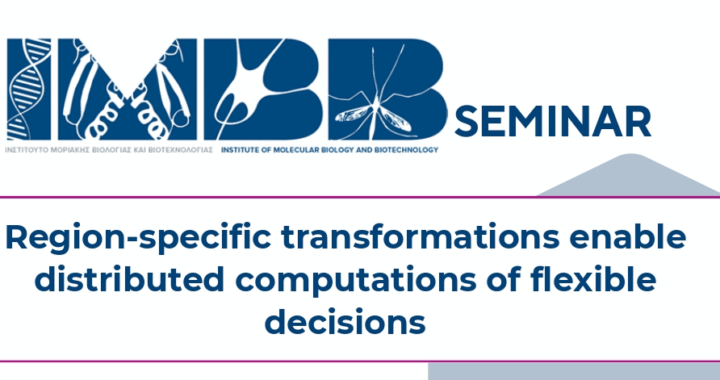Dr. Polleux, Prof. of Neuroscience at Columbia University, recommended our publication: Frank, et al., (2018). Hotspots of dendritic spine turnover facilitate clustered spine addition and learning and memory. Nature communications. on F1000Prime as being of special significance in its field.
Dr. Polleux’s recommendation comment:
“In their study, Frank and collaborators used state-of-the art imaging techniques to relate the structural phenomenon of spine turnover with the formation of spine clusters in apical dendrites of retrosplenial cortex layer 5 pyramidal neurons. The study is significant as it binds together structural correlates of plasticity at the microscale with effects on behavioral performance. Using a genetic approach to increase spine turnover, they show that higher pre-learning spine turnover positively correlates with learning and memory performance in contextual fear conditioning and Morris water maze.
This study is remarkable in that it links microscale remodeling of dendritic spine architecture to behavioral performance in adult mice, outside of the developmentally relevant critical period. The results pave the way for interesting future questions to address, i.e. how dynamic spine clustering impacts the output spiking of the neuron. Furthermore, it will be interesting to investigate whether pre- or postsynaptic mechanisms around a given “hotspot” region determine the rate of turnover, and how precisely clustered synapses are formed and stabilized. Lastly, it remains to be determined whether this mechanism is operating on a global scale in the brain or whether it is restricted to regions with high baseline spine turnover.”



